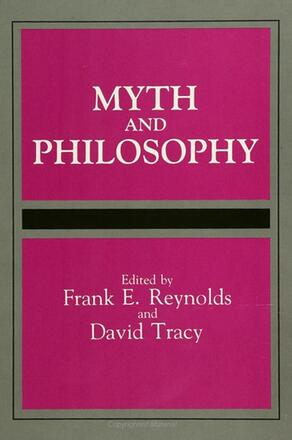
Myth and Philosophy
Alternative formats available from:
Frank E. Reynolds and David Tracy are at the Divinity School at the University of Chicago.
Reviews
"The book as a whole seeks to reinvigorate an academic discipline (philosophy of religion) which has fallen on hard times, and to do so by building a bridge between philosophy and empirical-historical studies of religion. The topic is both significant and timely. Too long the empiricists have been inadequately sophisticated philosophically and too long the philosophers have ignored historical data both in its breadth and depth. In not only calling for bridges between these disciplines, but actually building some, the work makes a significant contribution to both. " — Alan Miller
"This book is useful because it provides some insights both into the ways scholars think about various aspects of religious behavior, and also information about important features of such behavior. Both myth and philosophy are topics of great significance, and have been discussed by many philosophers and historians of religions and some anthropologists. An interesting set of questions about the nature of religion, and nature of philosophy and their relationships (and also about the nature of myth and its relationship to philosophy) is emerging at the forefront of academic discussions in departments of religion, departments of philosophy, and departments of anthropology. It contains some well-written and conceptually interesting essays. " — E. Thomas Lawson